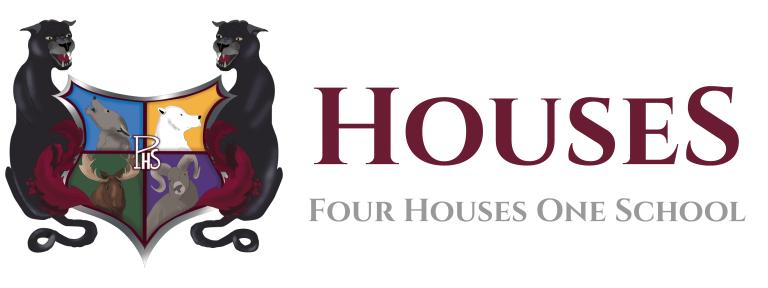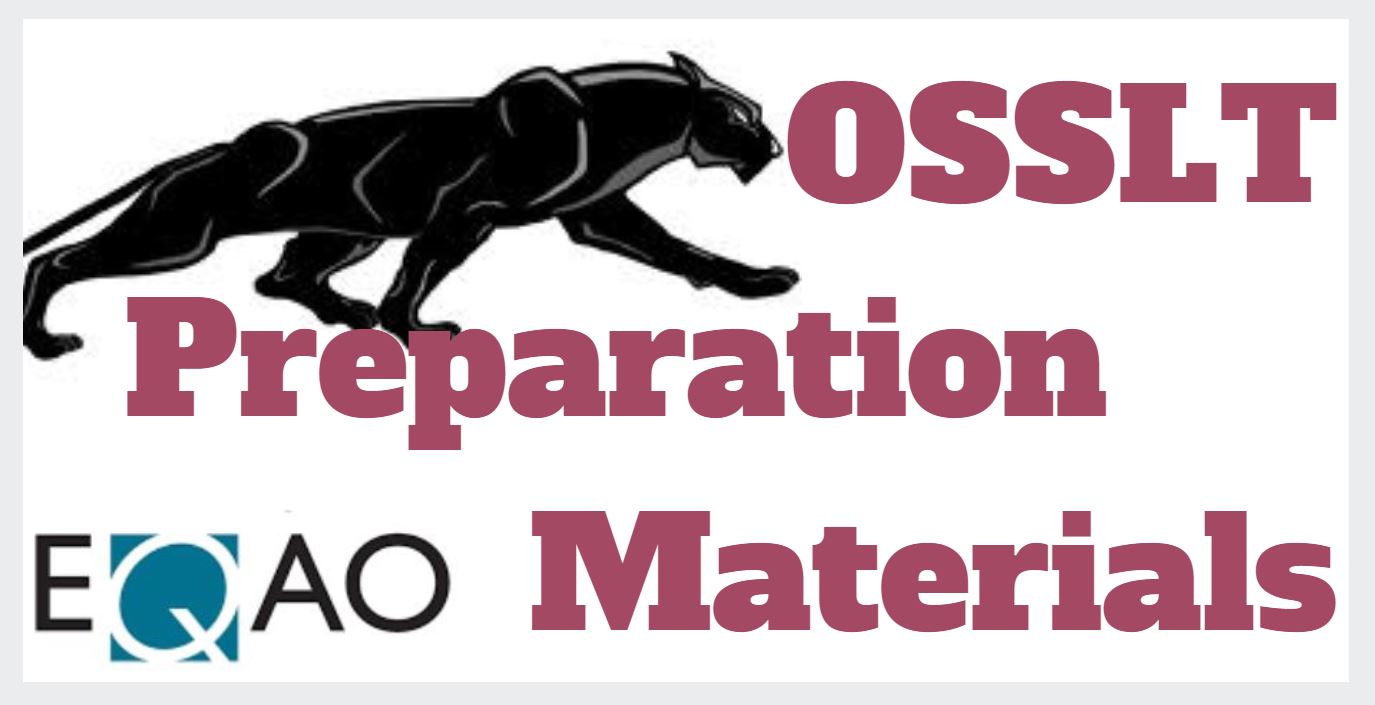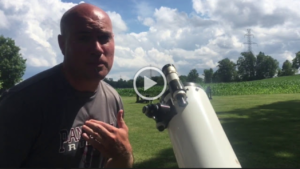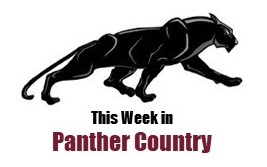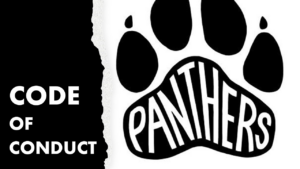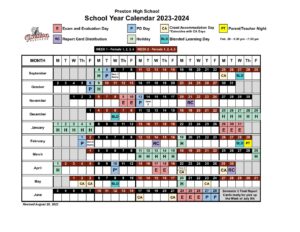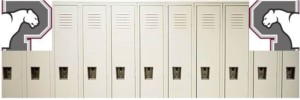Contents
Welcome to the Science Department
Preston High School Science Department members use a collaborative, creative, dynamic approach when planning. Every course offered by our team will allow students to deepen their understanding of the world and universe around us, while helping to develop and refine necessary skills to prepare them for the future.
Extra opportunities in Science
Community Based Science Enrichment Opportunities
Inspiring Women in Science Conference @ Perimeter Institute, March
Physics Enrichment Courses for Gr 10-12 Students @ Perimeter Institute, November/December
University of Waterloo Brain Bee Competition – April
Go Code Girl Conference – January
STEM Fellowship Spring Break Internship program @ U of Guelph, March
Perimeter Institute Outreach Activities and Seminars
York University Biophysics Contest – May
High school Summer Camp for STEM (Video Game Production & 3D printing etc.)
Women in STEM (WISTEM) Club
National Science Fair Competition
Video: Welcome Grade 9’s
Student FAQs
Q: On an average day, what does a class in a PHS science room look like?
A: At Preston High School, our science classrooms are in the newest part of the school. They are fully equipped with modern equipment to study various phenomena. Students understand course content using traditional and hands-on methods. Activities range from in-class lessons, designing experiments, dissections, field trips, discovering relationships between variables, empowering conversations, raising awareness, and asking big questions.
Q: How is high school science different from my experience in grade eight?
A: In grade nine, all students are required to take a science course. Each day, 75 min are spent with a professionally trained science teacher in a classroom equipped for various activities and experiments. Preston has some of the newest labs in the city, and access to the Grand and Speed Rivers (at the back of our campus). Experience with hands-on lab activities involving chemicals or physics equipment, or studying ecology, biodiversity, and environmental sustainability outdoors is second-to-none.
Q: What are the work expectations in an average science class?
A: As in all high school courses, students begin to take ownership of their academic future and show responsibility for learning. Students who find the most success in our classes ask questions, complete assignments and connect them to the world around us, and use the scientific process on a daily basis. In grade nine, students will be assessed in various ways (assignments, tests, etc.) and may be responsible for some homework each night.
Parent FAQs
Q: What units are covered in a grade nine science course?
A: The grade nine science course encompasses four main ‘Big Ideas’, one in each category of biology (dynamic ecosystems), chemistry (trends and the periodic table), earth & space science (astronomy), and physics (static/current electricity). The individual sciences (biology, chemistry, physics) do not branch into their own course subjects until grade eleven.
Q: How can I help my child be successful in a high school science class?
A: As a parent, it is important to support your child in the learning process. As a young adult, your child will gain responsibility and independence as they age, but insisting that they meet all course expectations (homework, projects, studying), get enough sleep each night, and becoming/staying organized are important. Ask them what they learned in class, and how they know what they learned. This can help improve the connections made between theory and application.
Q: How has a science course changed over the decades?
A: Teaching science has evolved over time. Focus has shifted away from the memorization of body parts, periodic table facts, or physics formulas. Although some base facts are important, students are challenged to develop skills associated with problem solving & critical thinking, innovation & creativity, collaboration, communication, and citizenship. The ability to connect science to the world and universe around us is an essential skill that students can adapt to future courses and careers. Any computer can regurgitate facts, but a Preston science student will have the additional skills necessary to succeed in the 21st century.
Department Members
Mr. Bauer aaron_bauer@wrdsb.ca
Mrs. Campbell jennifer_campbell@wrdsb.ca
Mr. Donkers kevin_donkers@wrdsb.ca
Mr. Farintosh brent_farintosh@wrdsb,ca
Mr. Freeman brent_freeman@wrdsb.ca
Mrs. Golletz tosha_golletz@wrdsb.ca
Ms. Malboeuf jessica_malboeuf@wrdsb.ca
Ms. Mullen jill_mullen@wrdsb.ca
Mrs. Riccomini elizabeth_riccomini@wrdsb.ca
Ms. Sahajpal bhavna_sahajpal@wrdsb.ca
Courses and curriculum documents
SNC1WI – Grade 9 Science
SNC2DI – Gr 10 Science
SBI3UI, SBI4UI – University Biology
SBI3CI – College Biology
SCH3UI, SCH4UI – University Chemistry
SCH4CI – College Chemistry
SPH3UI, SPH4UI – University Physics
SPH4CI – College Physics
SVN3EI – Workplace, Environmental Science
SNC4EI – Workplace, General Science
View science course descriptions under Science
The Ontario Curriculum Science Grade 9
The Ontario Curriculum Science Grade 10
The Ontario Curriculum Science Grades 11 and 12
Categories: Science
